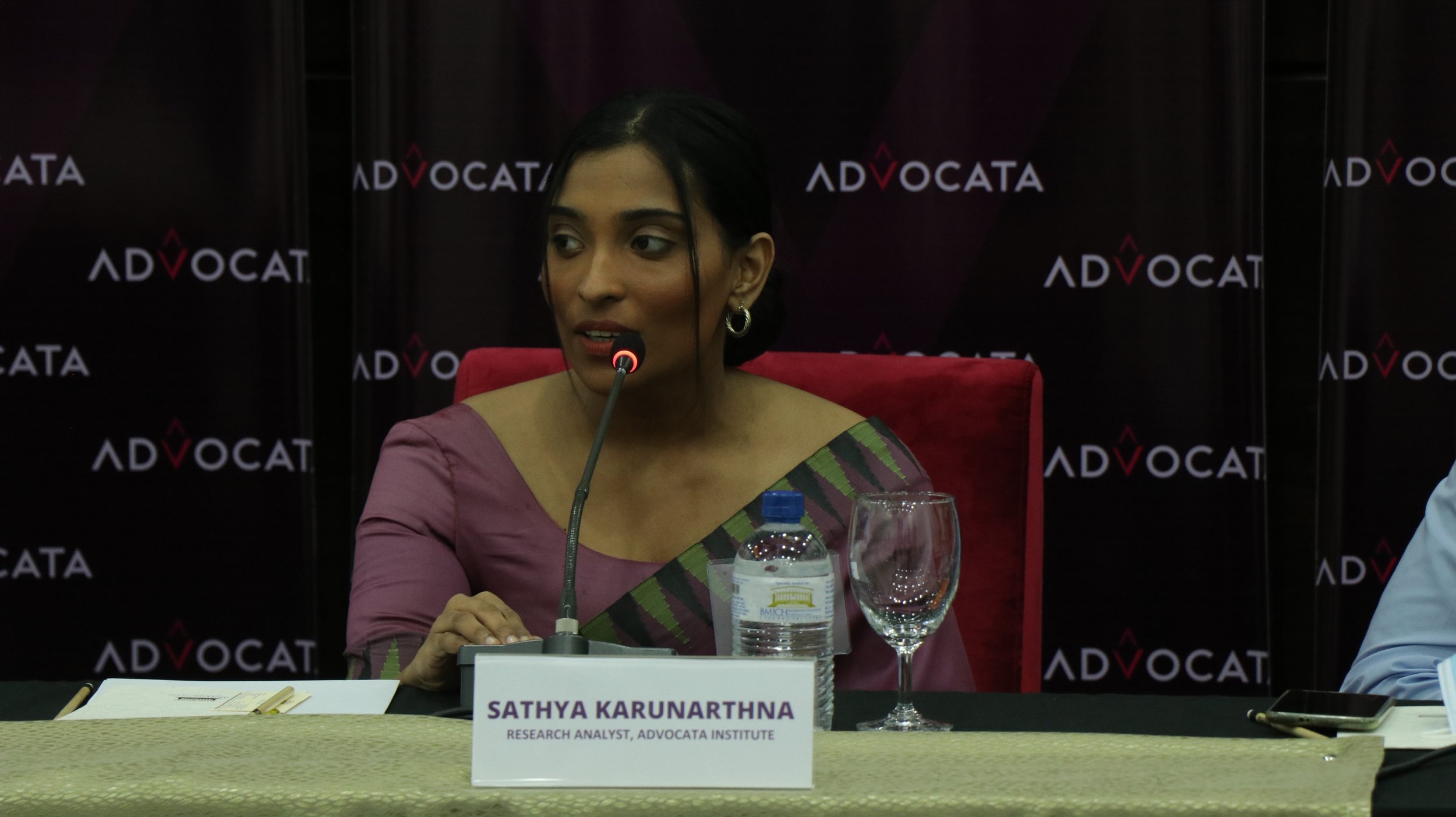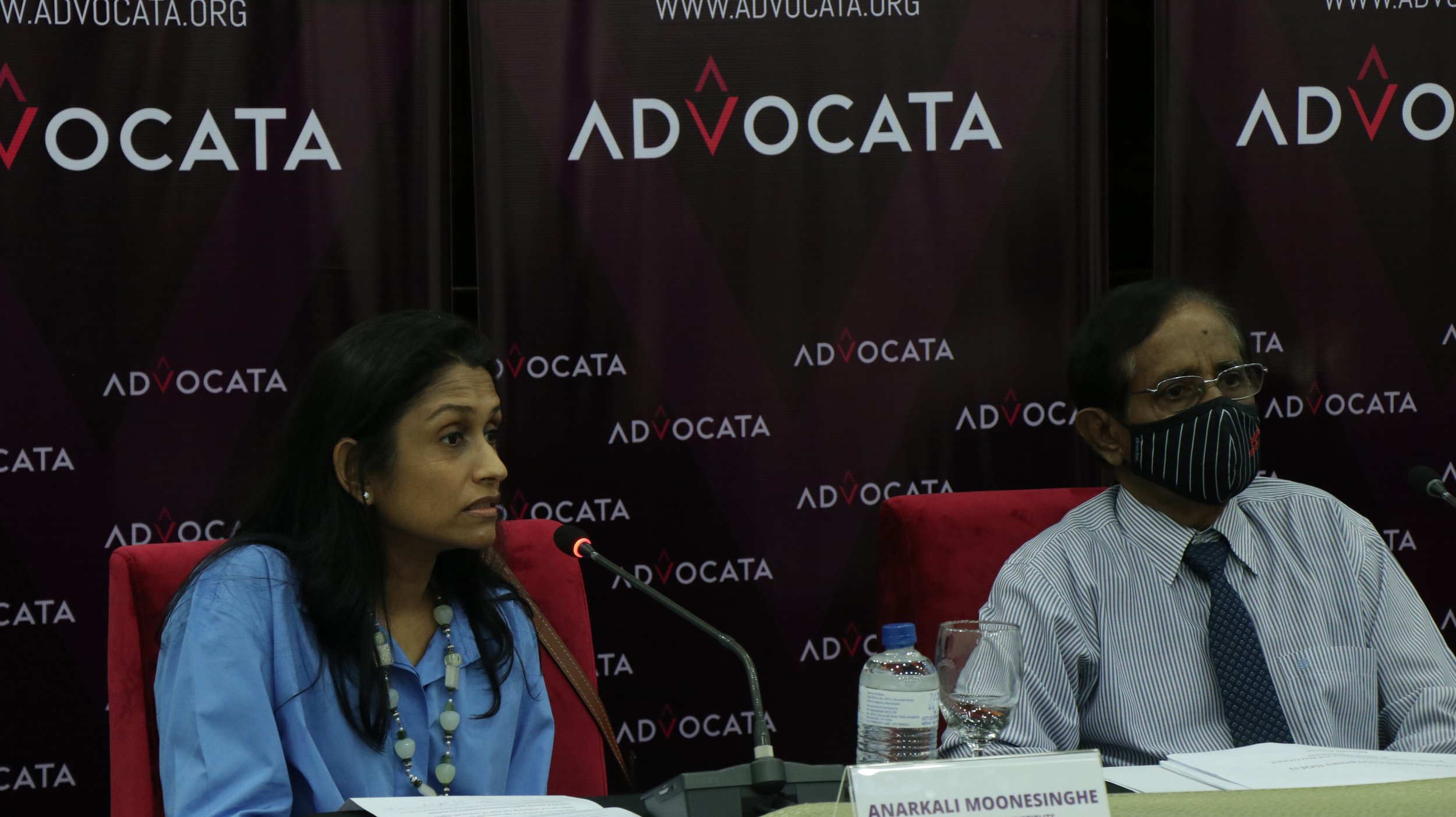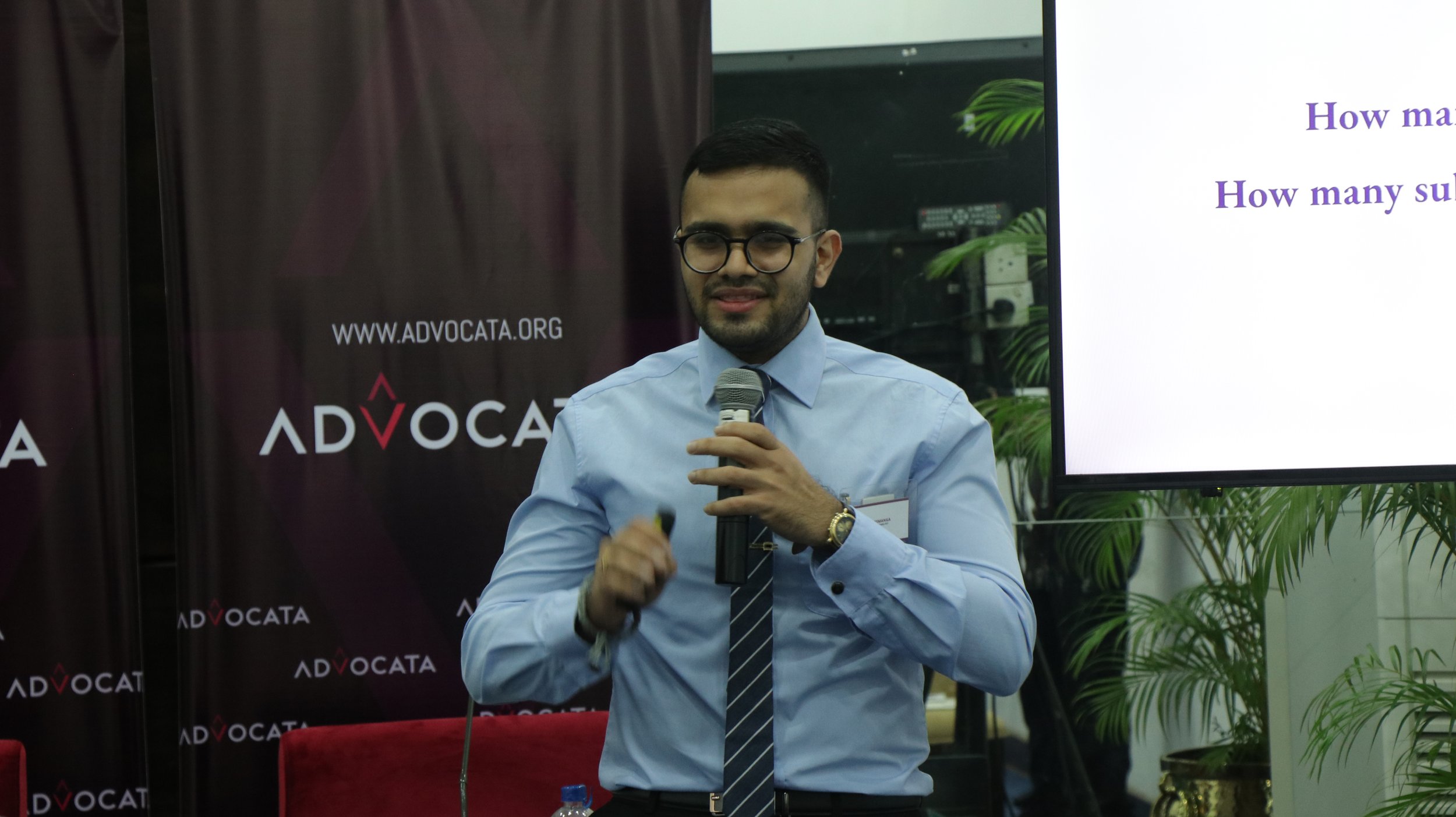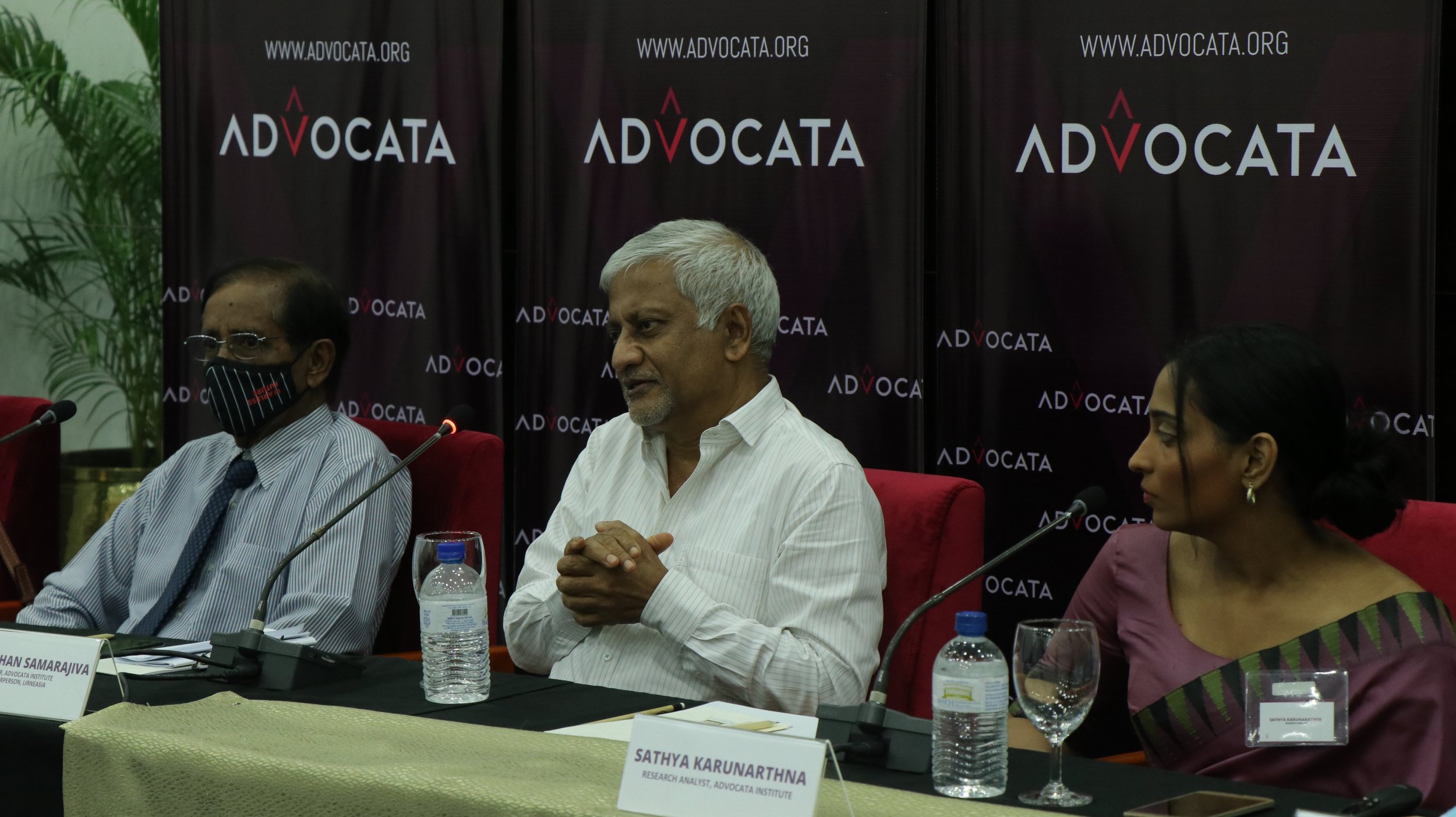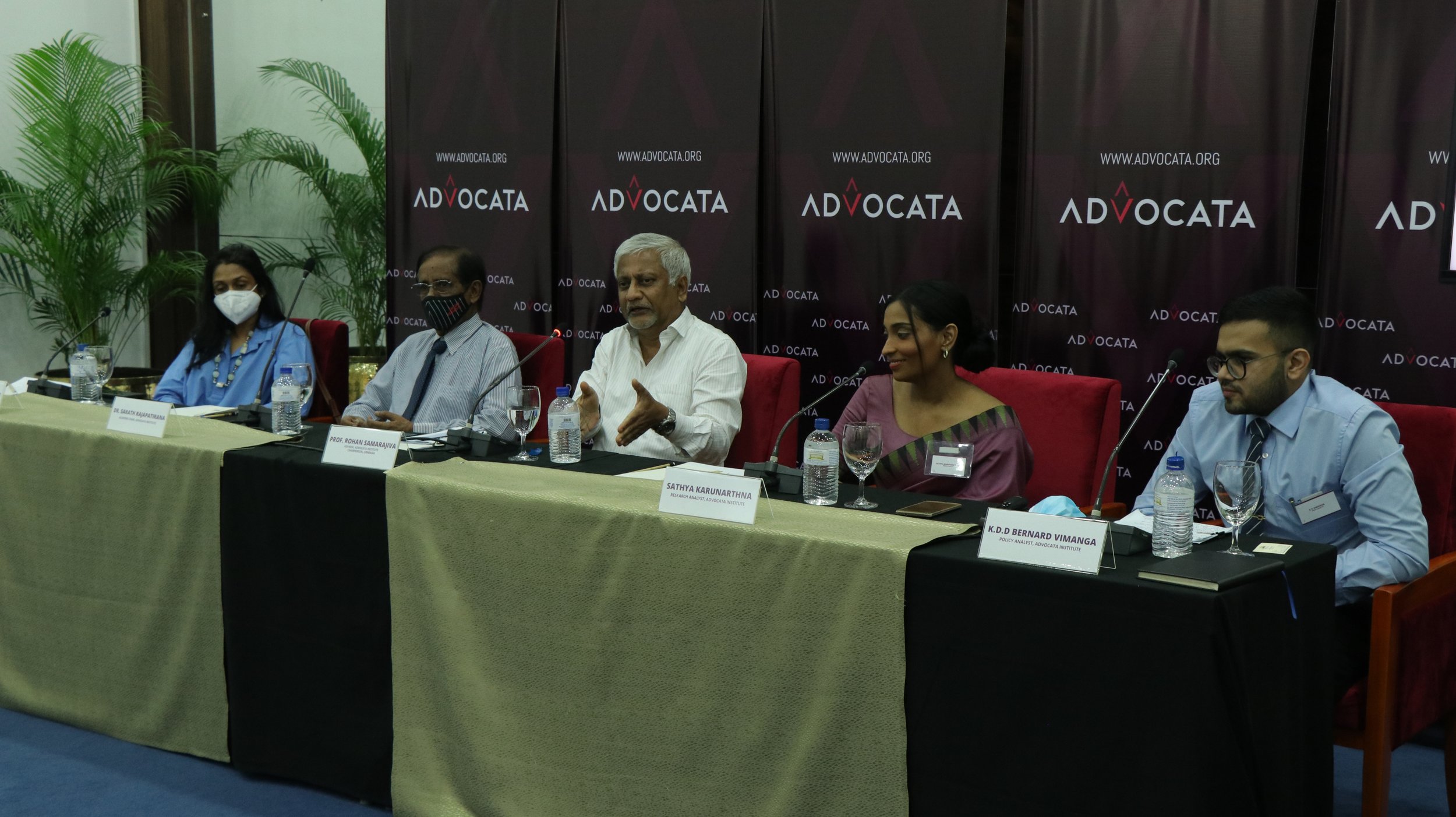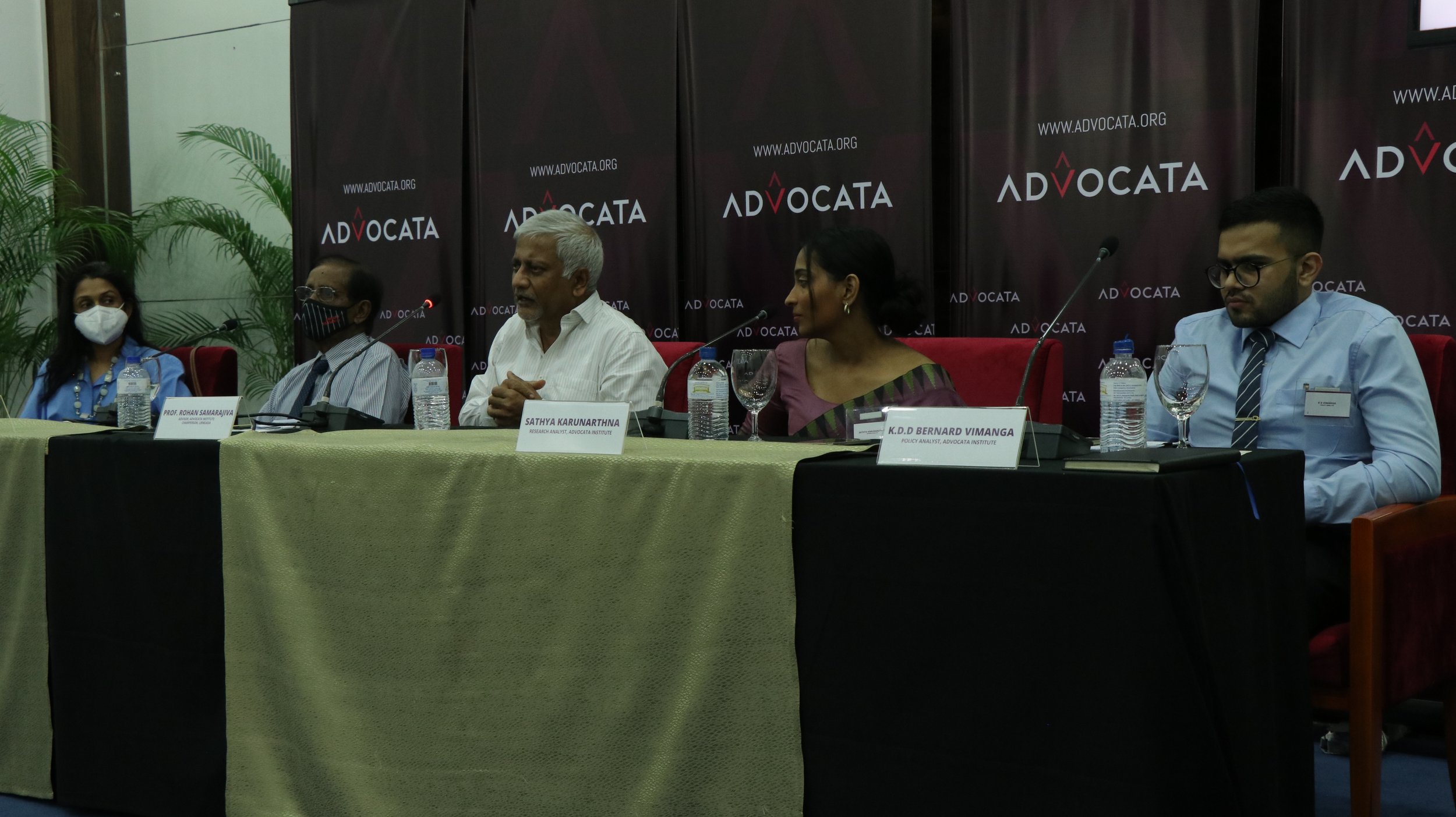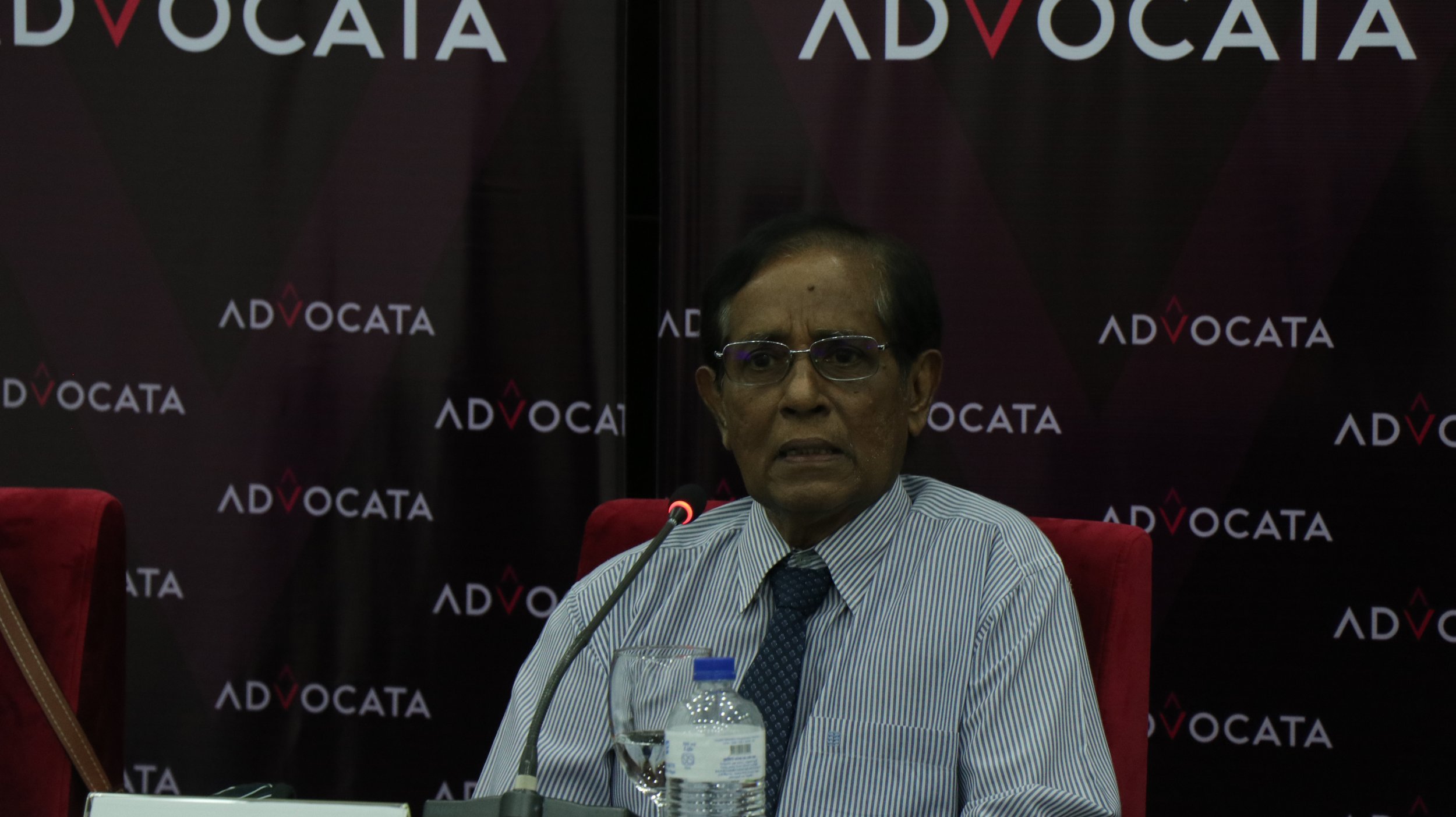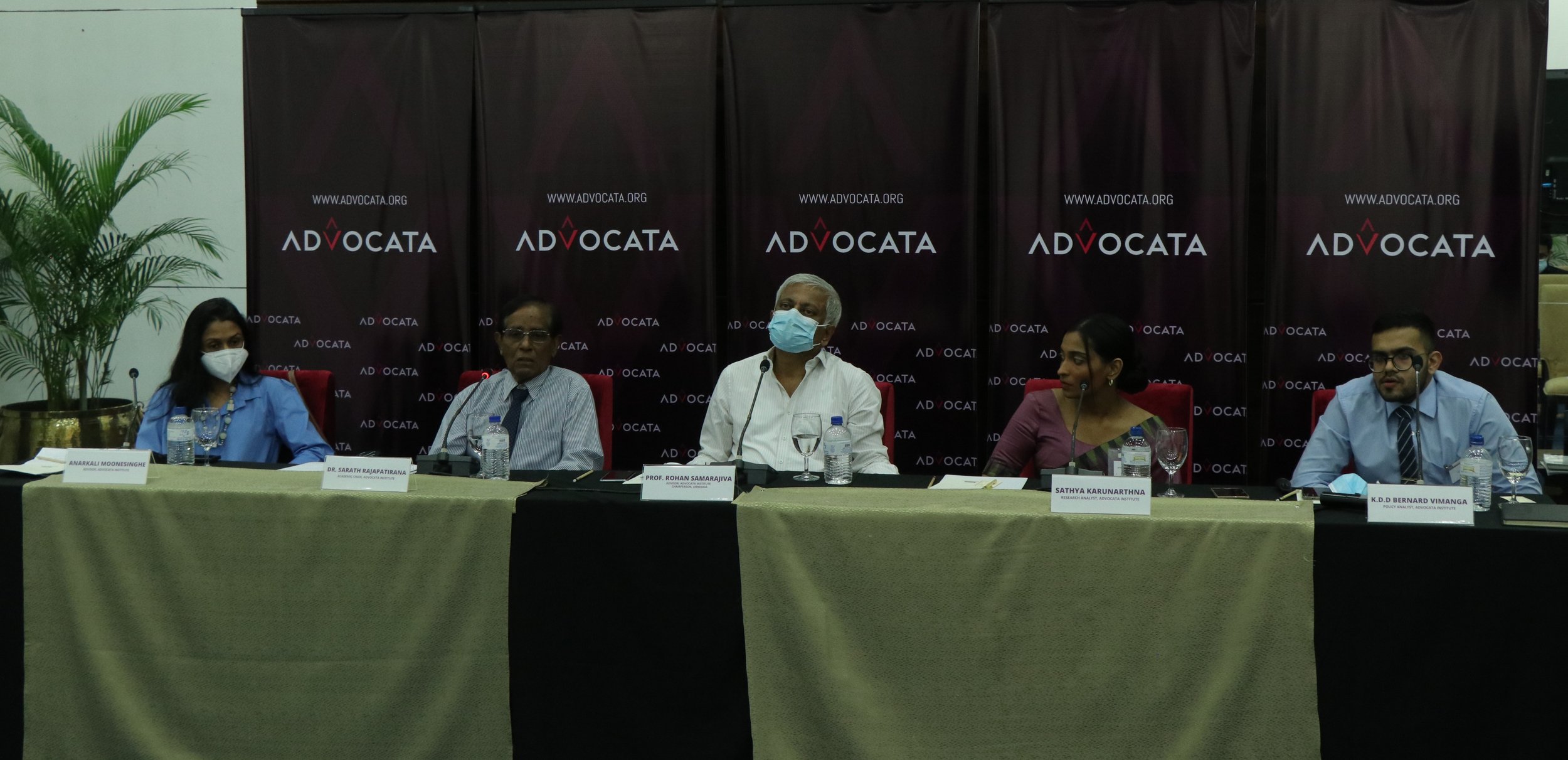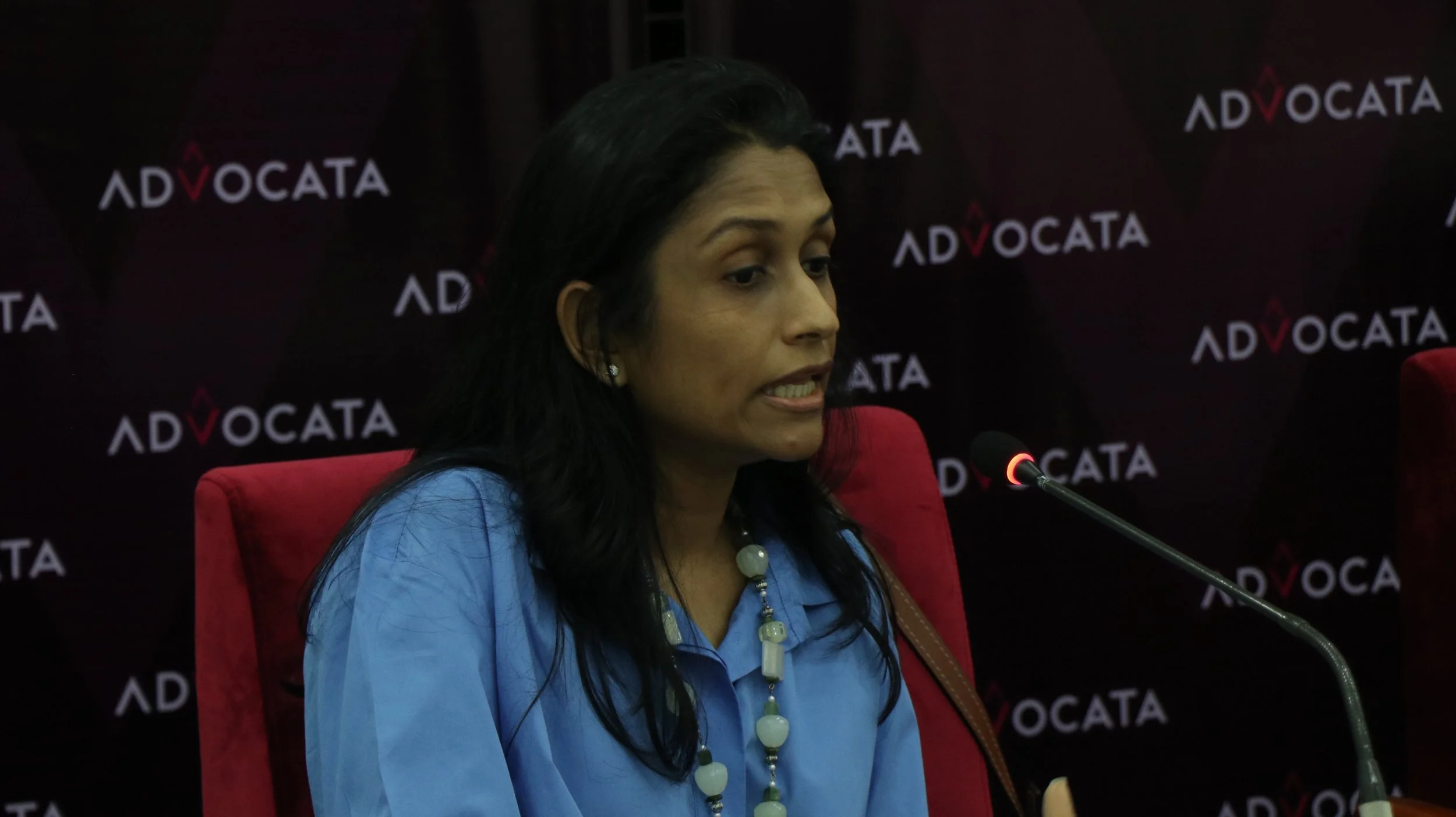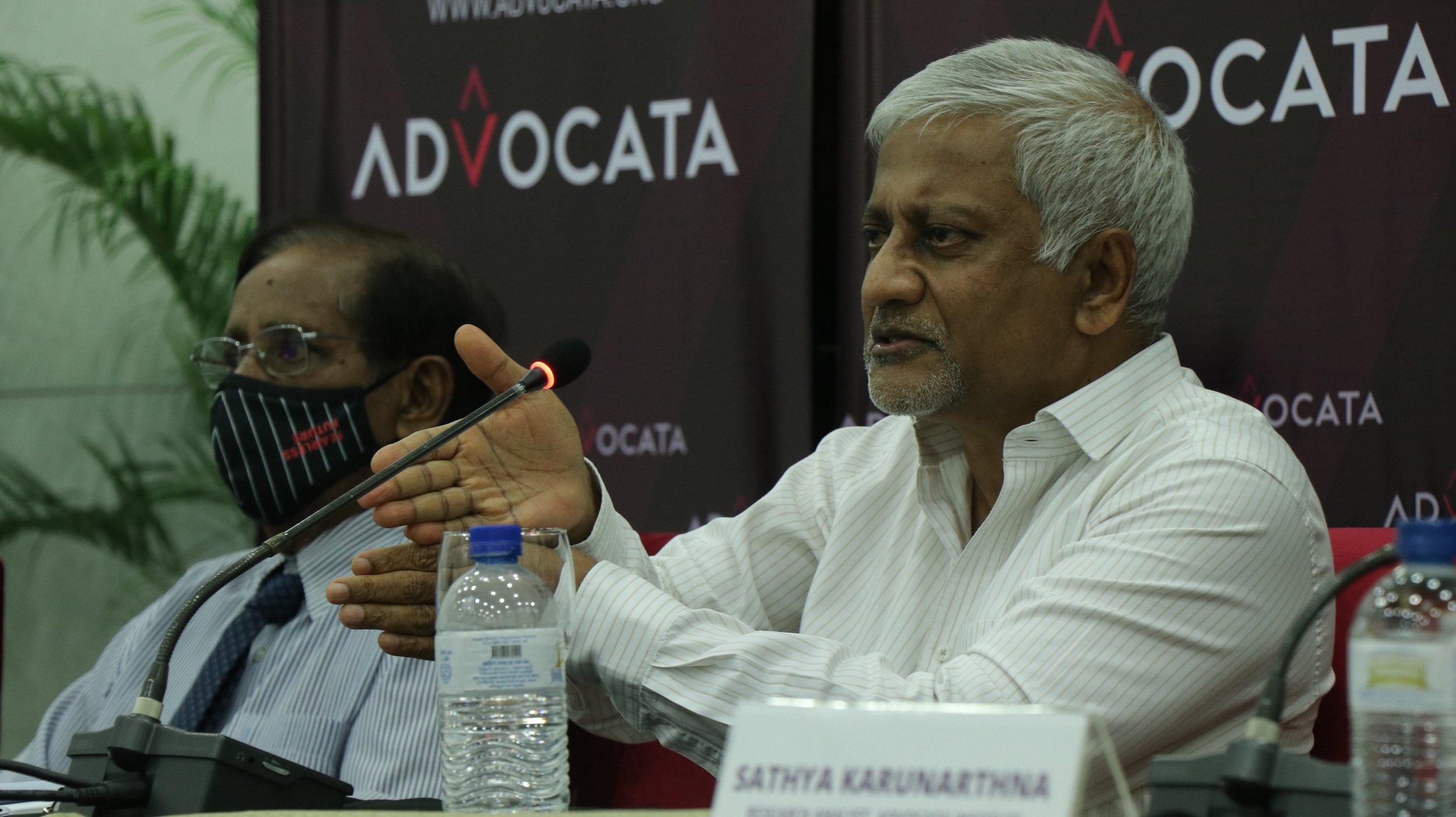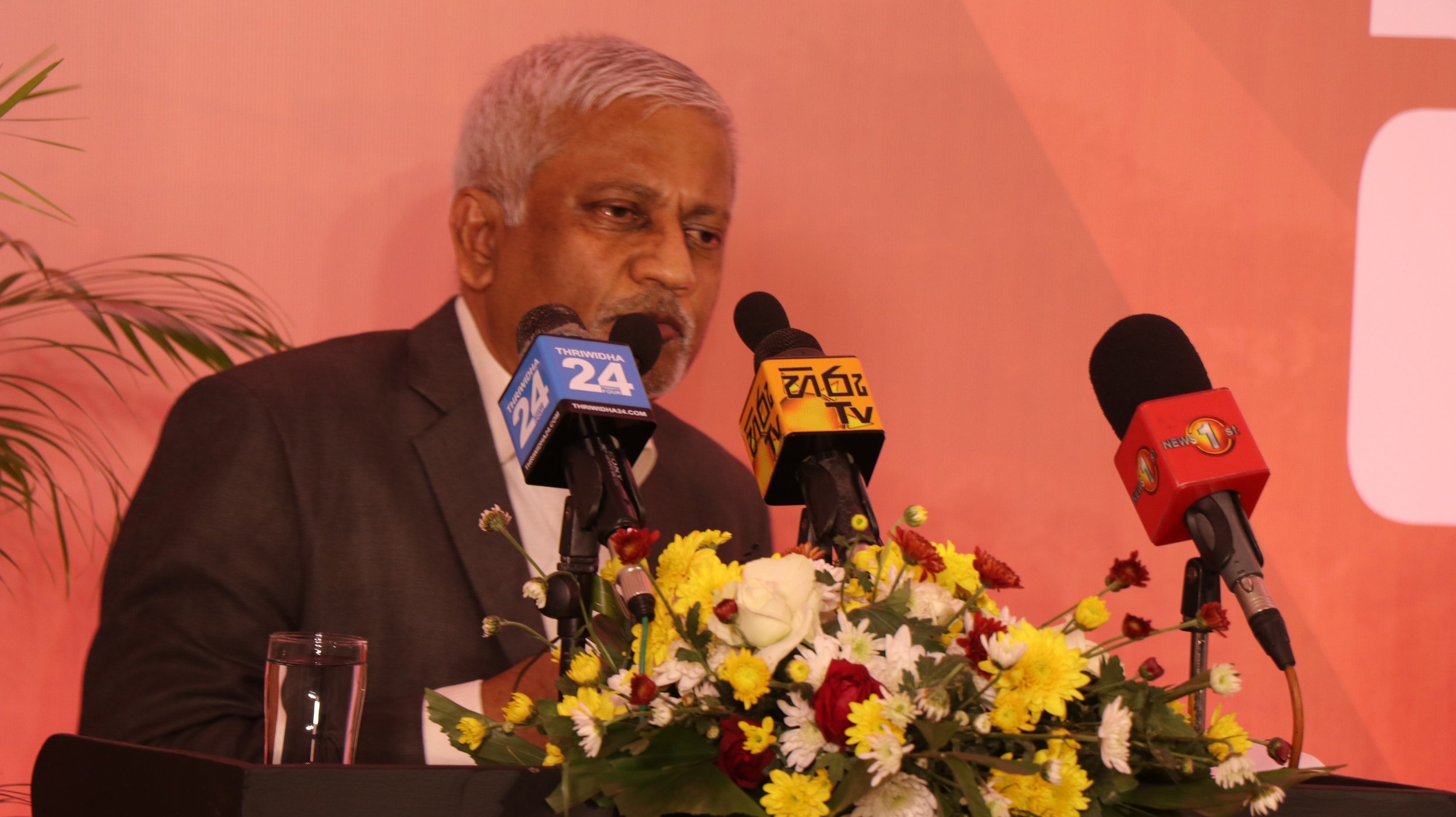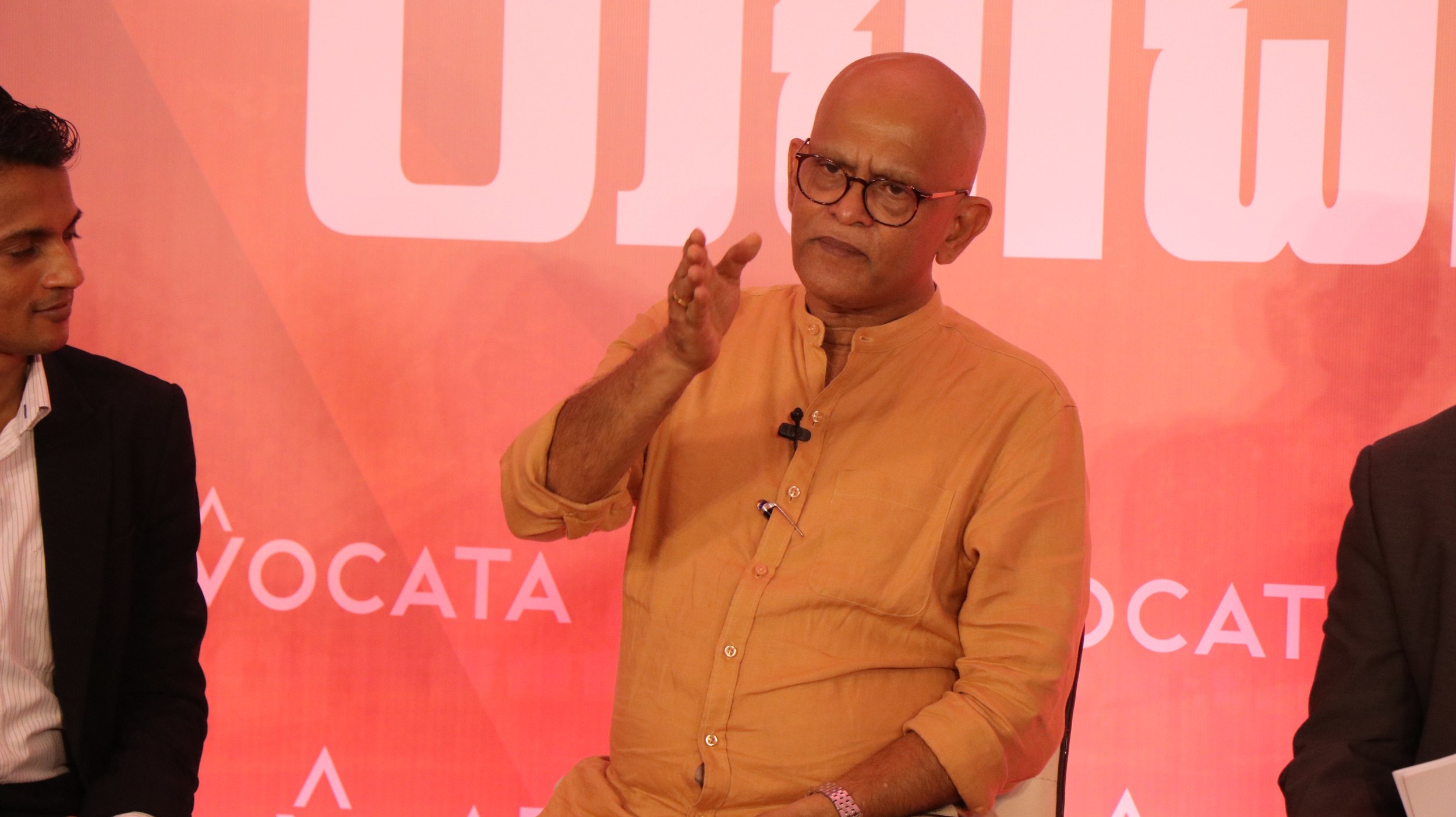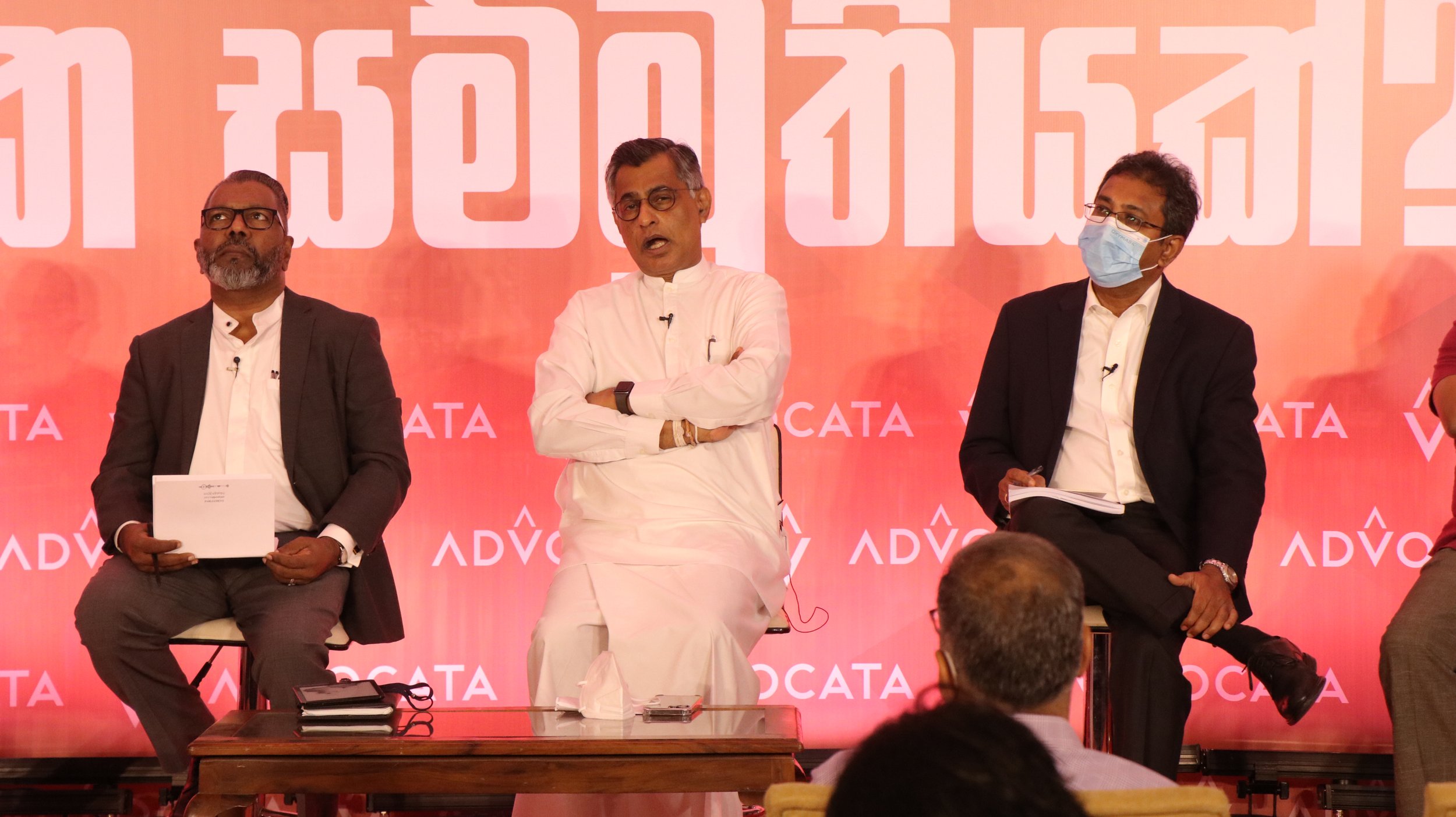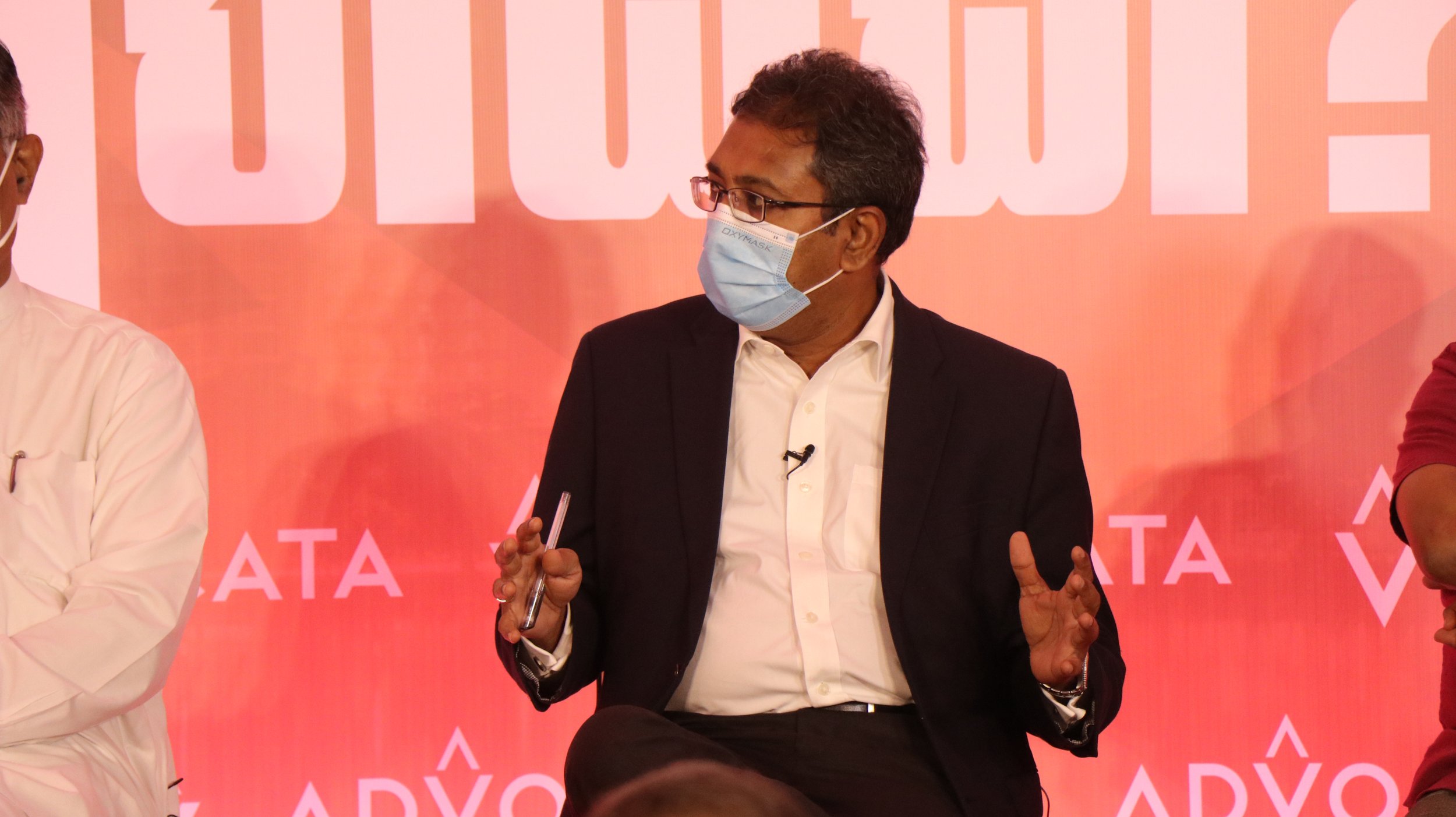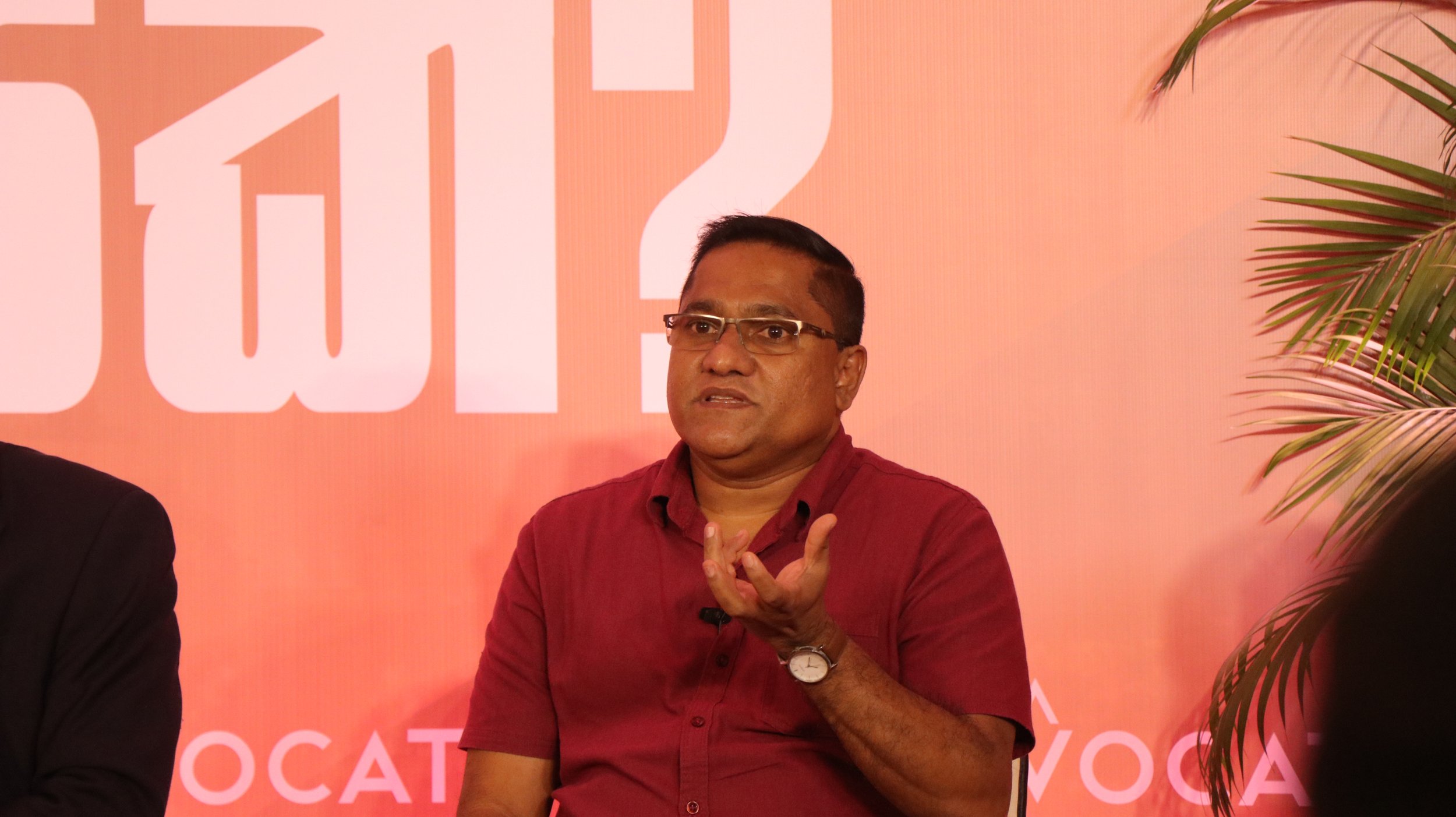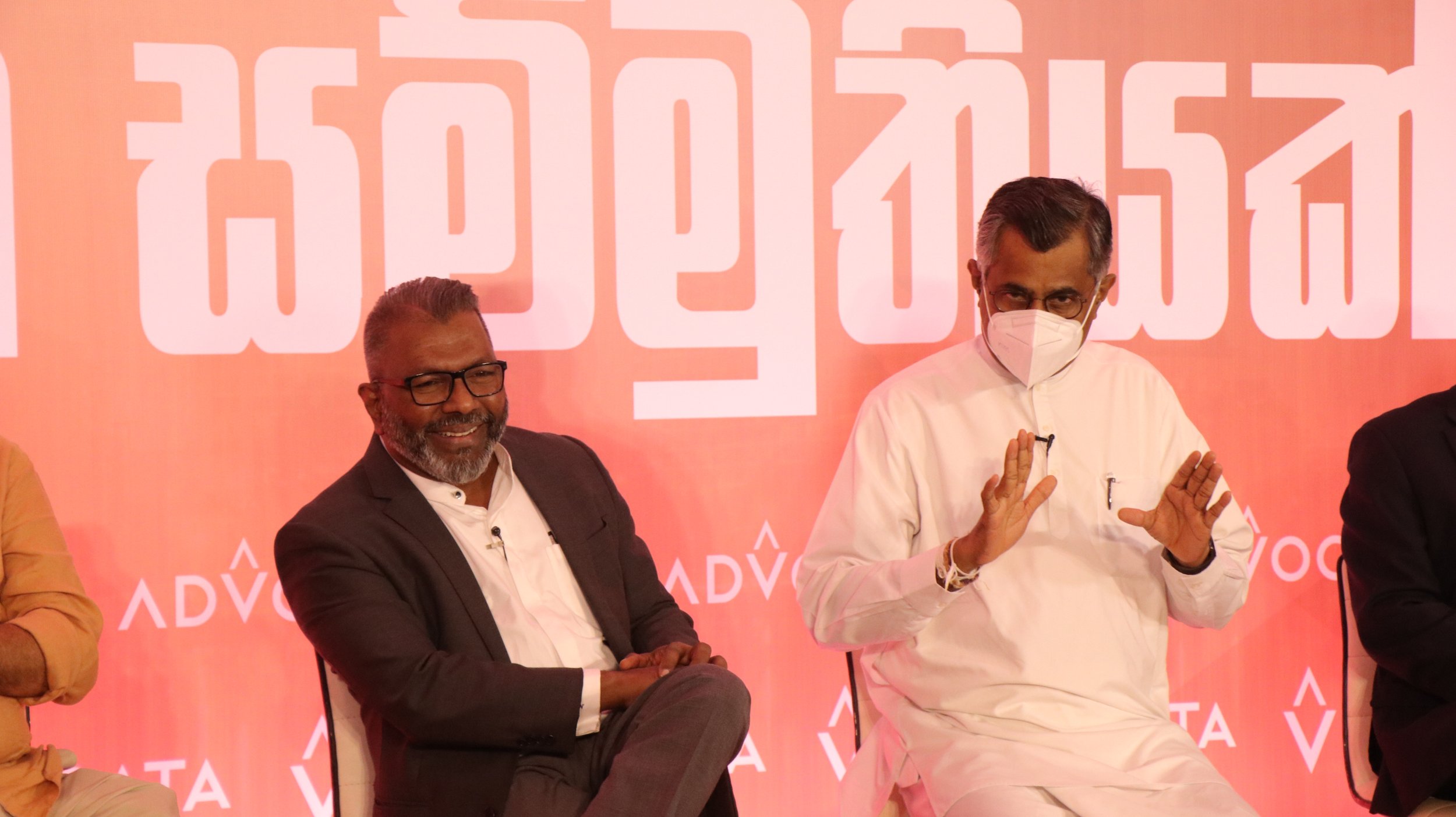Gender discriminatory labour laws hold back women’s participation in the workforce
New Advocata Institute Report spells out the gender discriminatory labour laws such as banning work at night that impacts female labour force participation
Advocata Institute says that Sri Lanka’s labour laws that discourage the entry and retention of women in the labour force are a factor preventing female participation in the workforce.
The report identifies the lack of reference to part-time and flexible employment in the existing labour law, time restrictions on employing for women at night, dearth of legal provisions for sexual harassment in employment and restrictions on overtime work for women, as legal obstacles that discourage women joining and actively participating in the workforce.
The report focused on four main areas of discrimination in the labour market: sexual harassment in the workplace, overtime work, work at night, and part-time work. The report highlighted that if these issues were addressed it is likely that female participation in the workforce would greatly improve which would benefit the economy and attract investment (particularly in the context of Sri Lanka’s tight labour market and the cost of labour).
Read the full article here
How our labour laws have limited our ladies
Experts discuss legal and practical issues preventing female workforce participation
Even though the world has moved forward considerably in terms of ensuring gender equality in the workforce through laws and policies, Sri Lanka is yet to improve and update its labour laws, most of which are archaic. Due to the unavailability or the lack of laws that match today’s society, females are greatly inconvenienced, and it is hindering them from achieving their full potential and contributing to the country’s economy and strengthening their own and their households’ economies.
The need for law reforms and other practical issues that discourage females from playing their role in the country’s workforce were extensively discussed at an event held by the think tank Advocata Institute on 7 March, where the findings of a study about the existing labour laws and how those should be reformed were highlighted.
Study on laws affecting the female workforce
The report titled “Gender Discriminatory Labour Laws in Sri Lanka and Female Labour Force Participation” authored by T. Yapa, T. Hoole, G.S. Sallay, S. Bamaramannage, and J. Peerez – identifies the lack of reference to part time and flexible employment in the existing labour laws, time restrictions on employing females for duties at night, the dearth of legal provisions to prevent and address sexual harassment in employment, and restrictions on overtime (OT) work for females, as legal obstacles that discourage females from joining and actively participating in the workforce.



